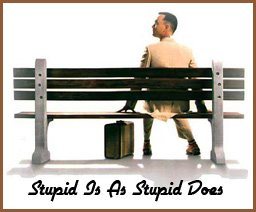Even though I have never taken a psychology class, I am interested in many of their concepts. The idea of a complex in general is defined as a pattern of emotions based around a specific human quality. There is the famous Napoleon complex which states that short people are more envious and harsher towards taller people. I am interested if complexes are naturally within us or if they can change, as a quality such as height can change over a lifetime.
I have not read Freud in depth, but this article presents a strong introduction to his research. It presents his views of the psyche (division of id, ego, and super-ego), and the creation and control of pleasure. One famous theory attributed to Freud is the Oedipus complex, named after the tragic hero of Greek mythology. In the classic play Oedipus Rex, Oedipus unknowingly kills his biological father and marries his biological mother. I’m not sure about Freud’s thought process, but he comes to the conclusion that all males want sex with their mother. He further expands on this by arguing that “the hero of the Oedipus legend too felt guilty for his deeds and submitted himself to self-punishment, although the coercive power of the oracle should have acquitted him of guilt in our judgment and his own” (205). This further makes me question Freud’s philosophy, as this suggests that Oedipus could not help the fact that he had sex with his mother. The morality of his statement hinders my comprehension of his psychology contributions. Any psychology experts want to help me understand Freud’s statements?


